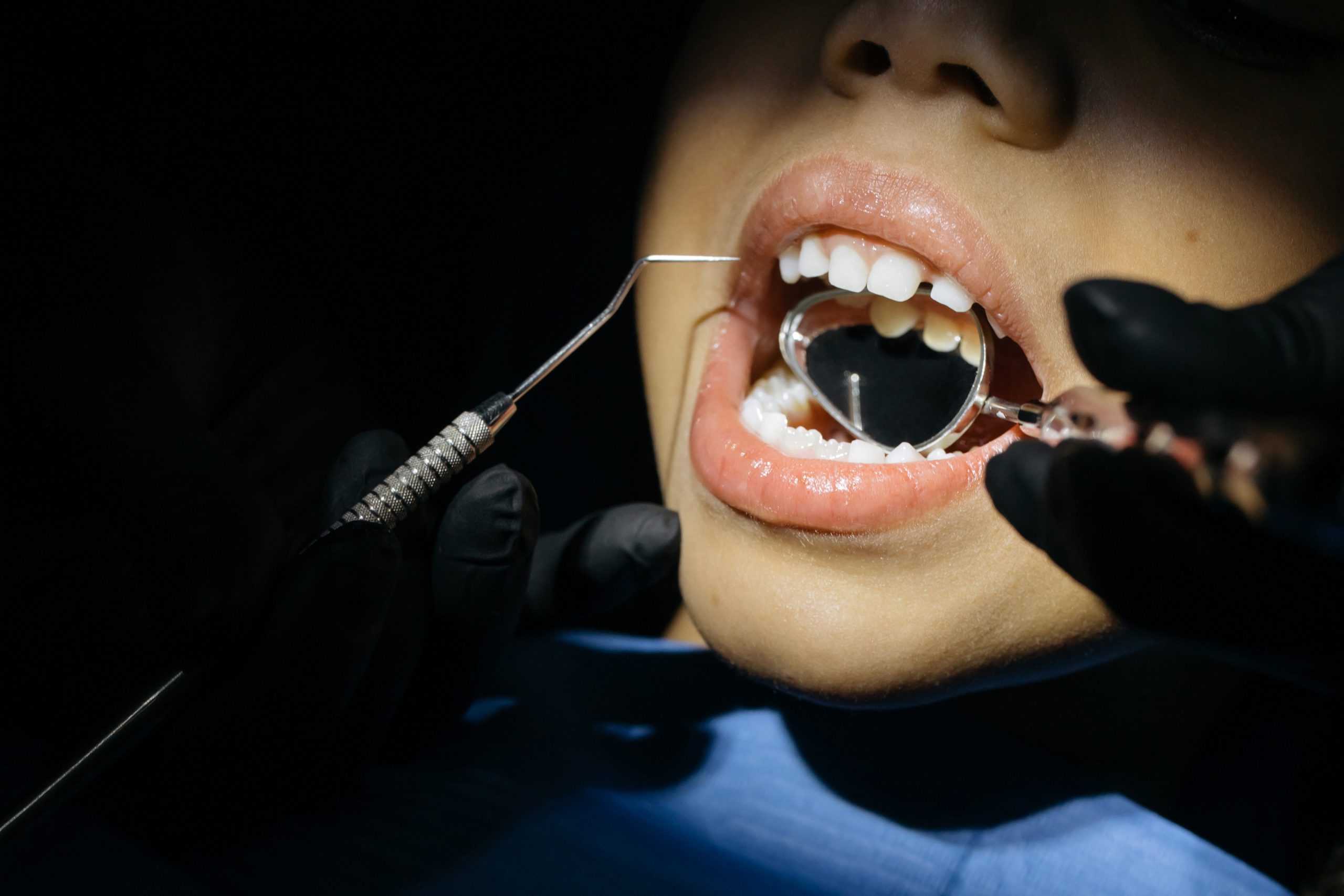With teledentistry options taking the place of many traditional dental services, several patients are left wondering if these new services are safe. Virtual dentist appointments raise a lot of questions about safety and the privacy of a patient’s medical information.
While these are valid concerns, the teledentistry industry has made great strides in both patient privacy and safety regulations over recent years. This article will examine how patients are protected, as well as the steps that are taken to ensure privacy rights are upheld.

Teledentistry Is Safe
Patients can rest assured that teledentistry is considered to be safe. A six-year study found that teledentistry and “virtual dentist” services provided a similar level of care compared to in-person dental office visits.
According to this study, patients can expect to receive the same level of care, whether in the dental office or a virtual environment.
While the quality of care remains high with teledentistry services, it’s essential to keep in mind that the types of services offered are limited. Teledental services are generally kept to simple, routine things such as check-ups or continuing-care monitoring. You won’t be getting a root canal or any fillings remotely, which means the risk of complications is small.
Teledentistry Laws Keep Patients Safe
Part of what makes online services safe are the various telehealth and teledentistry laws and regulations created to protect the safety and privacy of all patients. As the teledentistry industry continues to grow, it’s only natural that more laws will crop up to help regulate the industry.
It is important to note that each state has different laws, and even among states with regulations, the specifics of the laws can vary greatly. A patient’s location will dictate what teledentistry services are available, and which laws protect them. Patients need to research their state’s relevant laws to see how they affect the practice of teledentistry.
That’s not to say that there won’t be better cohesion in the future. Many laws are relatively new, with more states passing laws and updating regulations each day. Federal laws may be enacted in the future as well, which will create a baseline for the entire country to reference.
Many existing dental laws regarding the safe practice of dentistry and patient privacy remain relevant for teledentistry as well. Patients should expect the same level of care and protection regardless of how they seek dental services.
ADA Policies on Teledentistry Safety
The American Dental Association (ADA) has put forth policies regarding the safe practice of teledensity. These policies govern how dentists should behave, and what sort of obligations they have to their patients. Failure to do so can be harmful to a dentist’s practice and should be a huge red flag for patients.
Overall, these policies provide broad protections for patients. An example is that a dentist should be able to provide their credentials and certifications if asked, even when performing work remotely. These protections lead to more accountability for the dentist and increased safety for patients.
Patient Privacy With Teledentistry
Another considerable concern for patients new to teledentistry is their privacy. Dental records contain sensitive information that is private, and many are understandably loathe to have shared.
The good news is that many of these laws and regulations deal with protecting this information and provide rights for patients to choose who has access to it. Teledentistry services are held to the same high standard of privacy as traditional dental offices. They should be working to keep private information in the hands of only those that need it.
Teledentistry also must abide by the rules put in place by HIPAA. These laws provide broad rights for patients’ privacy and provide patients the means to know who and why different parties have access to their information. This set of laws applies to traditional dental services, but also encompasses teledentistry services due to their need for sensitive medical information.
Patients should also ask companies to provide the name of any service that will have access to their dental records. Many providers work with third parties to perform additional services and therefore, may need to share your information with them. Any reputable company should be happy to share what information is provided to third parties.
Teledentistry Safety in the Future
The safety of teledentistry is something that will be watched with a careful eye by dental professionals, government officials, and patients. This scrutiny of the industry is sure to keep standards high, which will provide a safe environment for patients to receive dental care. With more states enacting laws, the safety of teledentistry is poised to remain at high levels far into the future.


